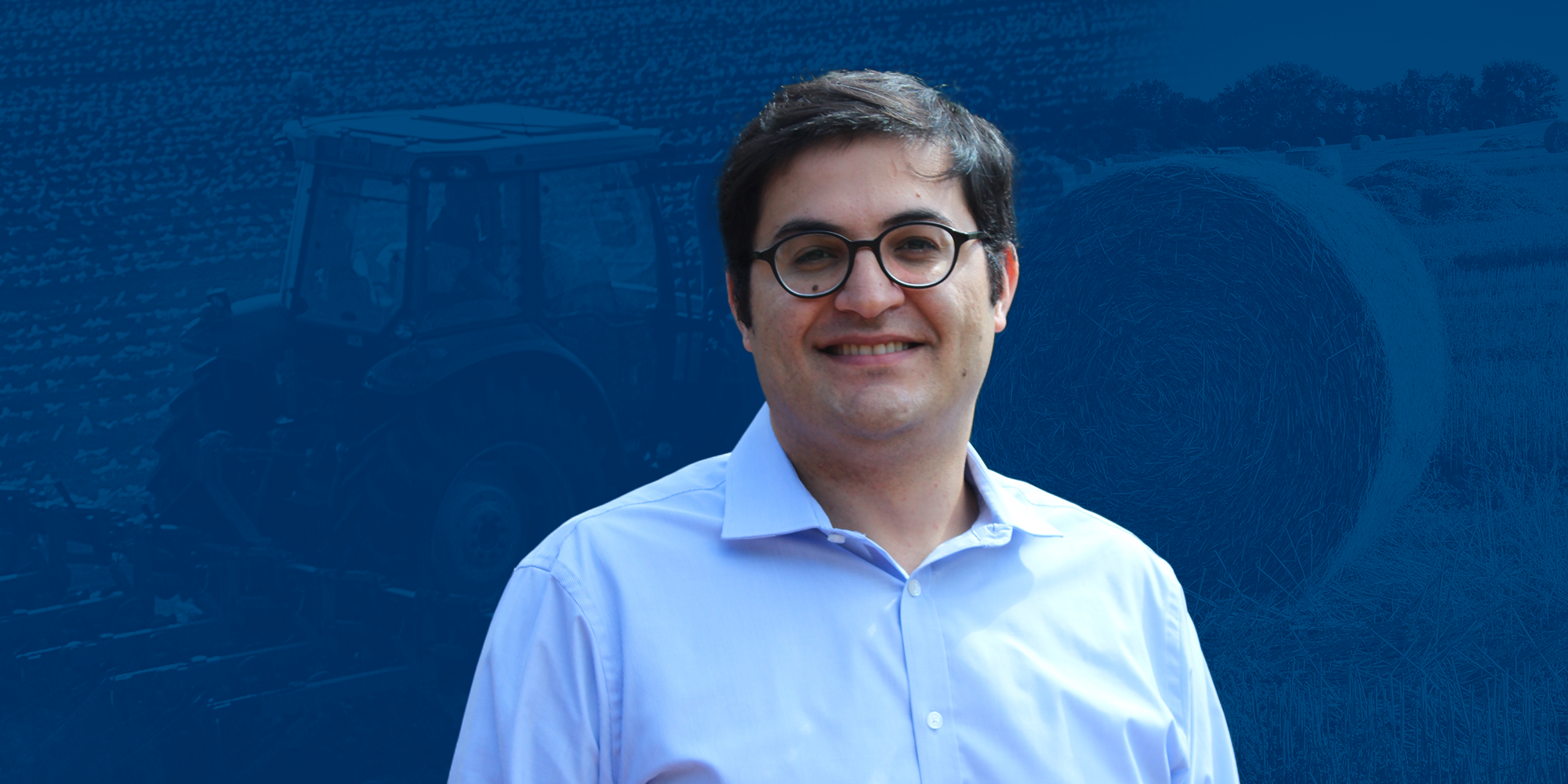The National Science Foundation (NSF) has awarded a $1.18 million grant to a team of researchers at the University of Florida. Led by Mostafa Reisi Gahrooei, Ph.D., an assistant professor in the Department of Industrial & Systems Engineering (ISE), the team will develop a new framework that encourages collaboration and personalization in the data-driven modeling of agricultural farms while protecting data privacy.
Dr. Reisi Gahrooei will work with co-principal investigators Yiannis Ampatzidis, Ph.D., an associate professor, and Ute Albrecht, Ph.D., an associate professor, both with the UF Institute of Food and Agricultural Sciences, Southwest Florida Research and Education Center (UF/IFAS SWFREC).
“In a centralized approach, farms share their data with a central server to develop analytical models to support farm decision-making,” Dr. Reisi Gahrooei said. “Under this scenario, farmers may be hesitant about how their data is being used and whether it is shared with other third parties and growers.”
The researchers proposed a new approach to design algorithmic solutions that allow farms to keep their data locally instead of sharing it with a central server. Each farm creates a local model that is transmitted to an aggregator. Once an aggregated model is created, it is then broadcast to each farm to create a personalized model that supports local decision-making. The approach eliminates data-sharing requirements while still allowing for benefit to be gained from knowledge that exists in other farms.
“The fundamental methodologies developed in this project should be applied to real datasets collected at multiple agricultural farms, with potentially different data collection protocols and standards,” Dr. Reisi Gahrooei said. “In addition, data collected at various farms often differ in size and distribution due to economic and geographic differences. Addressing these differences to develop generalizable models useful to all participating farms is very challenging.”
The group of researchers plan to evaluate the proposed “federated farming analytics” in modeling a collection of citrus farms as a case study. Along with this, the proposed cyberinfrastructure can easily be adapted to other specialty crops, especially other tree crops, and production systems. The group looks to focus on perennial crops, such as fruit trees, nut trees, and key vegetable crops.
Brady Budke
Marketing and Communications Specialist
Herbert Wertheim College of Engineering
